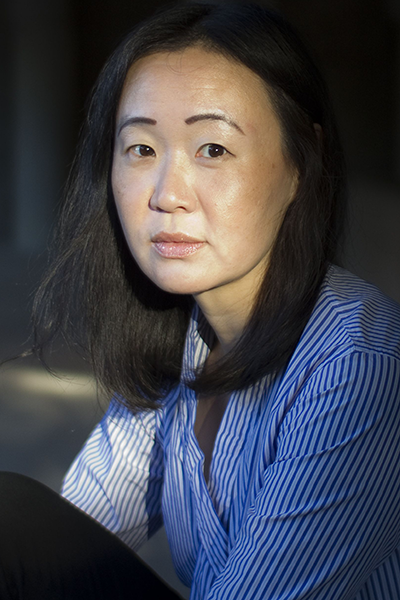I first understood the “black box” to be a heavily protected recording device that records flight data and cockpit conversations on airplanes; as we know, they can provide vital information in air accident investigations. More broadly, the term is used in different disciplines, ranging from engineering to philosophy of mind, to describe anything that has unknown or hidden internal functions or mechanisms. You can see the inputs and outputs of a closed system, but not know its mysterious inner workings; you infer what is happening inside the “black box” based on your knowledge or experience of the inputs and outputs.
My poem, “Black Box,” is beguiled by the metaphor of the black box as a way to broach the world, the people around us, and our own hearts. Part of that beguilement also has to do with the very limits of the black box metaphor itself; conceptual orderliness of a certain way of thinking can imprison us in a limiting framework—the black box is itself a black box. One way out of this is to construct more conceptual frameworks with horizons of possibility going far beyond what we hold to be true, or at least, visible.
In the poem, the speaker’s friend and interlocutor is caught in one frame of personal thought: hers is a broken world rendered through some blunted sensations—feelings of desperation, impingement, distraction, disaffection. The speaker starts to think about this system of thought itself in more general terms—the framework of thought known as narrative, or story, and of how the voice works through language to attain a shared sense of things. In both cases, the relationship between stimulus and response (input and output), and the ways in which we think about knowledge, happenings, or realities, take place within our black box human nature.
Perhaps I wanted to use the object and the concept of the black box to consider the idea of privacy, or a private life, as well. Of course poems go beyond the notion of the mind as a mere container that holds data. They keep contesting separations in the objective world by appealing to resemblance and correspondence. Mysteriously, the speaker and the friend, and you and I, might become one mind in the poem; we could intuit something illegible but true, together. The energy of our consciousness is trying to make itself known by and against the energy of everything incomprehensible outside it. In this poem, the black box admits of inaccessible places in the imagination and spirit, even as it conveys their reach of feeling; it finally declares itself as love.




